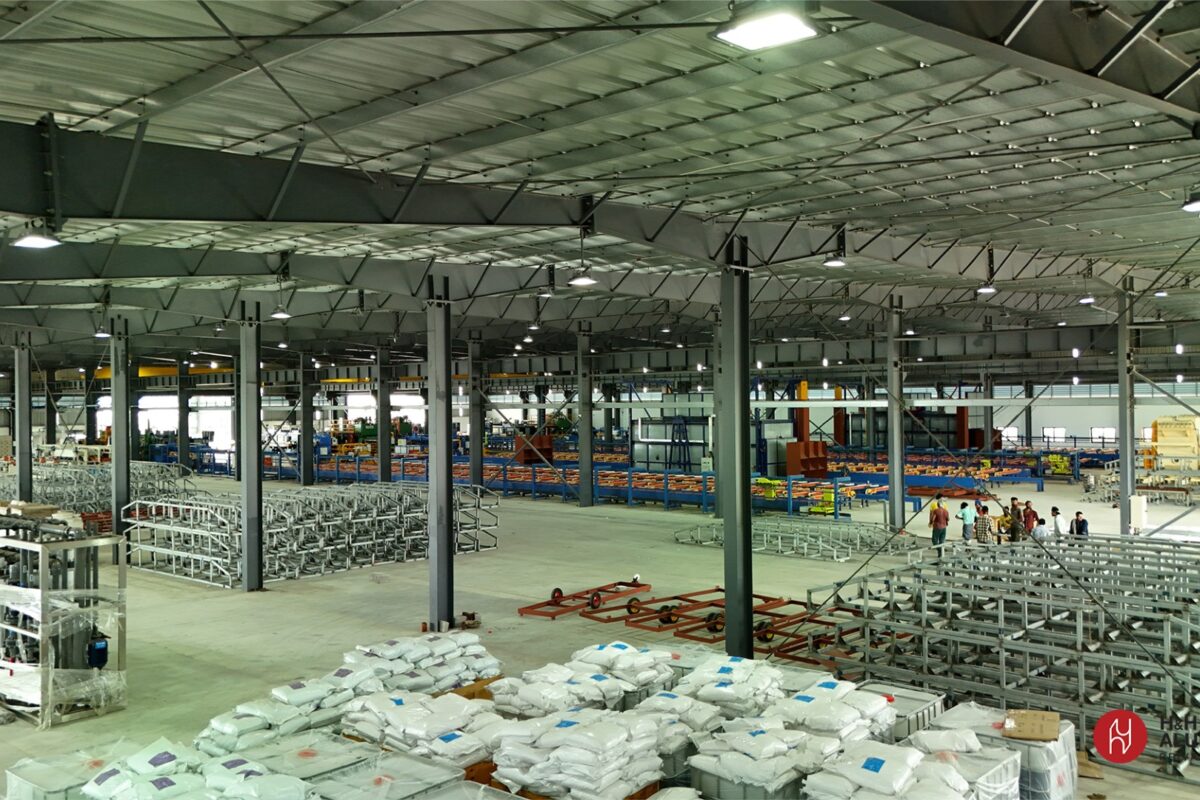International renewable energy (RE) players’ novel financing methods during the construction stage and timely refinancing during the operations phase improve the projects’ coverage ratios and equity returns, according to a recent study by India Ratings and Research (Ind-Ra).
Ind-Ra analysis showed international players opt for corporate guarantee-backed letters of credit during construction to cover the project’s entire Capex cost and refinance them with a term loan at an economical interest rate after two years of stable operations.
The analysis pointed out that this yields incremental returns and boosts the coverage ratios and thus provides international operators a slight edge over the domestic players while bidding.
India has embarked on an ambitious target of 450GW of RE by 2030. The country is already working on achieving a short-term target of achieving 175 GW of RE by 2022, of which 88.7 GW was completed until August 2020.
Ind-Ra estimates India may fall short of this 2022 target that would require at least INR3,500 billion from global resources.
The use of novel financing measures and greater participation from lenders and international RE players, would play a pivotal role in attaining it. On the back of higher participation from international RE players, the Indian renewable power industry, while evolving to the mature stage, has transitioned to a safer return generating investment than before, Ind-Ra stated.
In this context, international RE players’ role becomes all the more important, given their available cost of funds advantage, access to a large pool of funds and strong balance sheets to look at some innovative financing structures for funding Indian RE projects, it added.
Ind-Ra highlighted the lack of suitable financing structures such as flexible repayments to navigate counterparty issues, widespread bill discounting, and low-cost capital to optimize the return on investments as one of the key barriers to attracting investments in the Indian RE sector. Access to low-cost funds has the potential to influence tariff bids, it added.
Ind-Ra’s evaluation reveals that international players (rated ‘A’ and above) resort to a step-by-step approach to reduce debt cost before availing of a long-term project finance facility. Long-term finance is generally sought on the completion of two years when the project’s generation trends are visible. Additionally, the cash flow generations over the initial operational period are trapped to create reserves.
Low tariffs are the output of a low project cost and a targeted equity IRR for a prospective investment. Ind-Ra’s assessment of a renewable energy portfolio, comprising solar and wind energy domains, states that the financing route adopted by international RE players influences the tariff bidding and aids in tariff reduction by INR0.06-0.09/unit.
Another important aspect of such financing is that sponsor fund outflow is limited, thereby lowering the currency risk. Additionally, the surplus cash accruals from the project will be accumulated and utilized to reduce the long-term debt or creation of liquidity reserves (which is an added benefit).
Apart from financing risk, Ind-Ra’s portfolio indicates that international RE players are primarily focused on projects driven by central counterparties such as Solar Energy Corporation of India Ltd and NTPC Limited (IND AAA/ Stable). Among state discoms, their exposure is mainly limited to Gujarat Urja Vikas Nigam Limited. The same leads to reduced counterparty risk exposure and a guarantee for efficient payment security.
This content is protected by copyright and may not be reused. If you want to cooperate with us and would like to reuse some of our content, please contact: editors@pv-magazine.com.









By submitting this form you agree to pv magazine using your data for the purposes of publishing your comment.
Your personal data will only be disclosed or otherwise transmitted to third parties for the purposes of spam filtering or if this is necessary for technical maintenance of the website. Any other transfer to third parties will not take place unless this is justified on the basis of applicable data protection regulations or if pv magazine is legally obliged to do so.
You may revoke this consent at any time with effect for the future, in which case your personal data will be deleted immediately. Otherwise, your data will be deleted if pv magazine has processed your request or the purpose of data storage is fulfilled.
Further information on data privacy can be found in our Data Protection Policy.